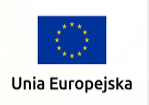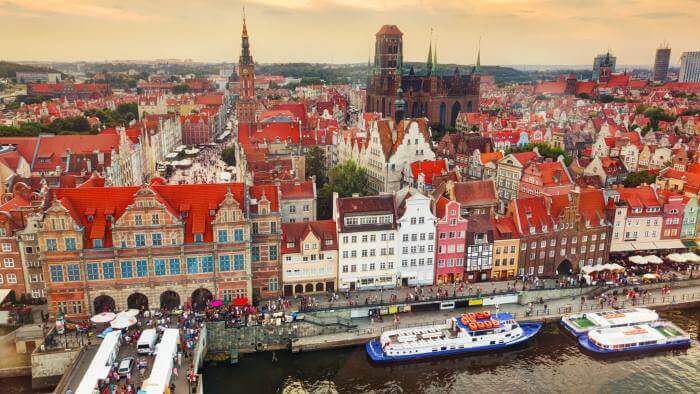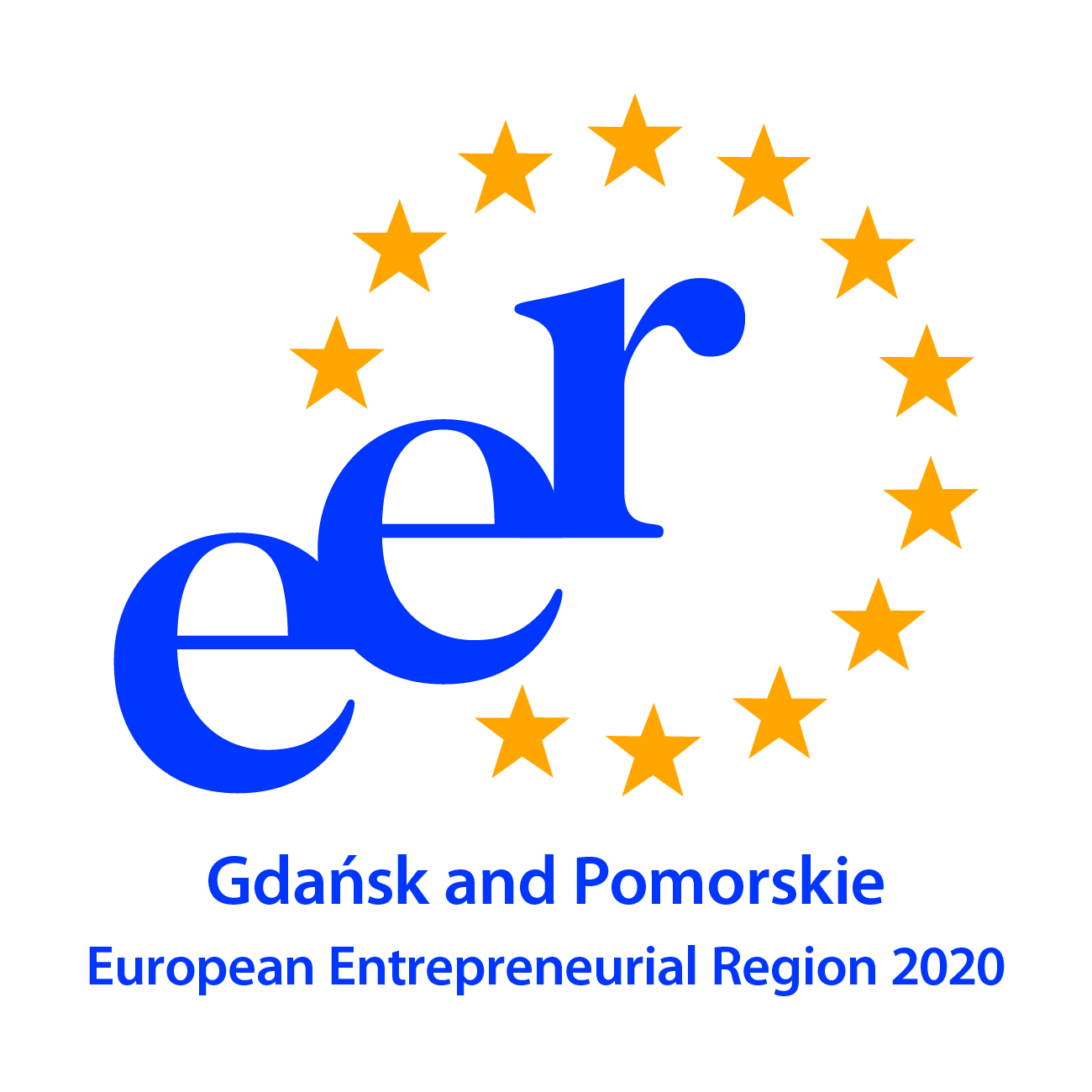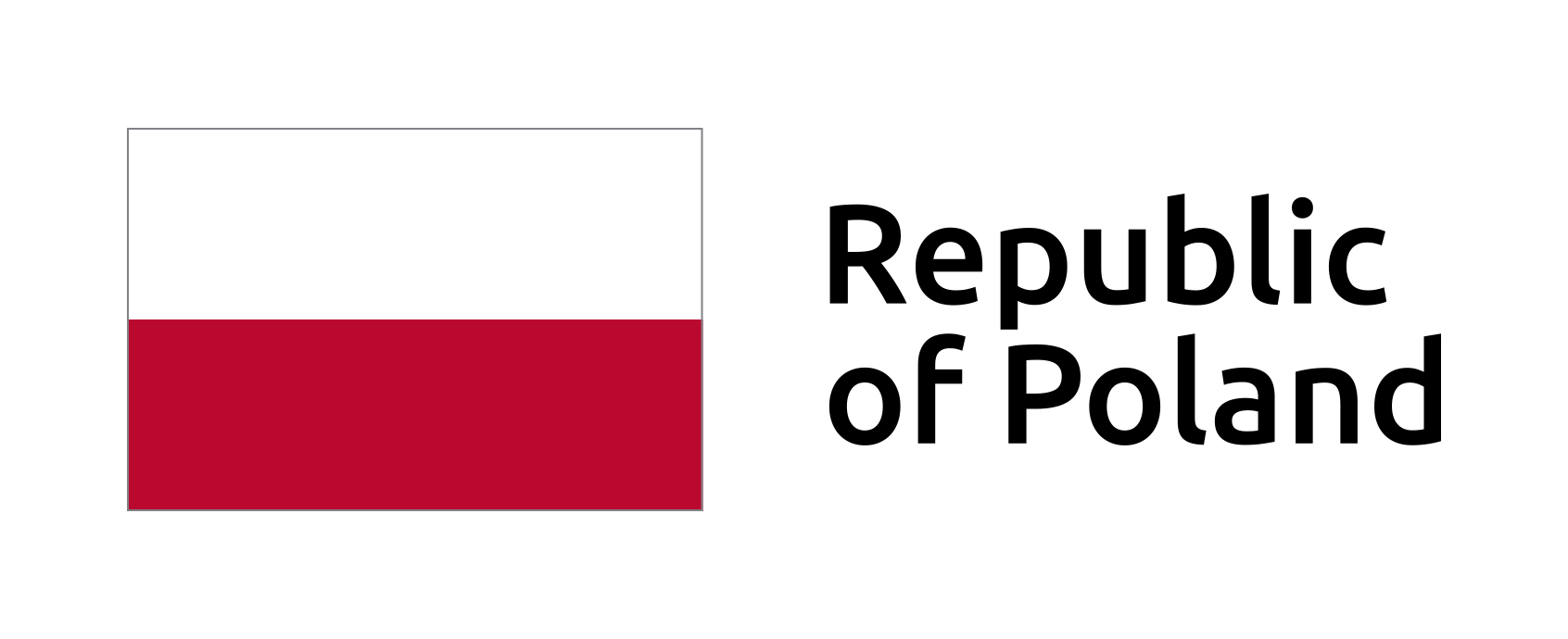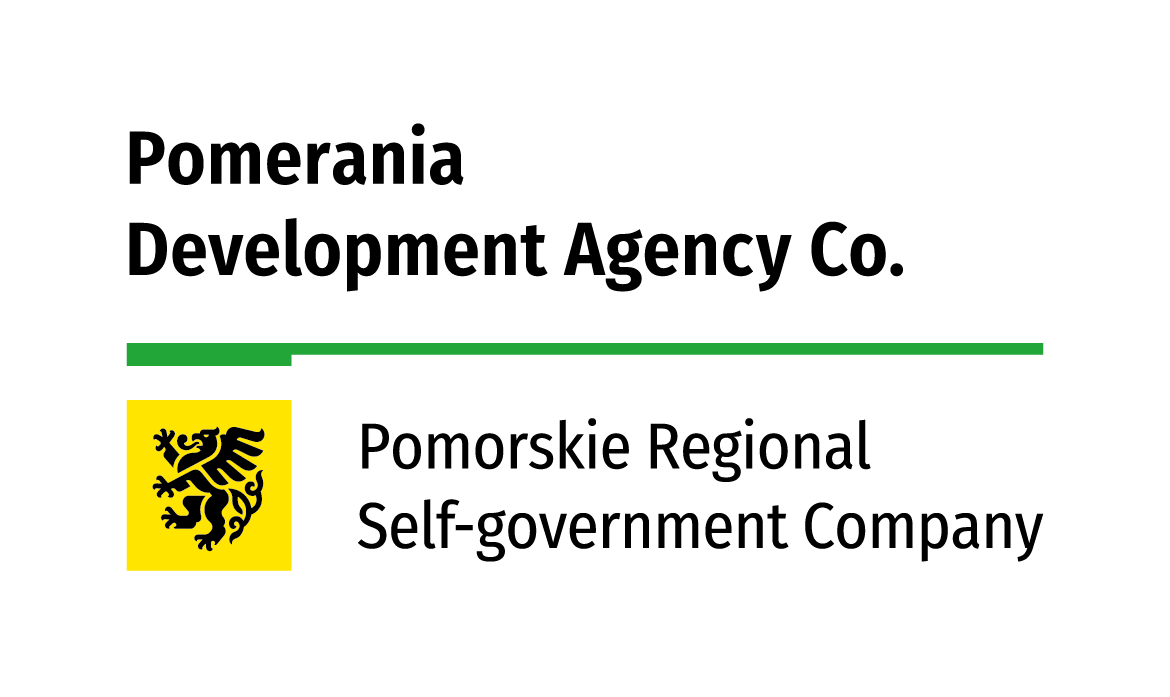“International companies are piling into Poland’s historic city of Gdansk as they look to the country’s fastest growing outsourcing destination as a way to cut costs while keeping expertise”, writes the Financial Times in an article about Poland as eastern Europe’s leading business process outsourcing destination.
“Deutsche Bank, State Street and Toshiba are planning investments in Gdansk, according to three people with knowledge of the talks, as part of a rush into the city that could add 5,000 new jobs over the next two years. Banks, professional services companies and global conglomerates that traditionally shipped back-office work to Asia are keen to move more complex tasks out of their head offices, and are attracted to Poland’s proximity to western capitals, EU membership, large talent pool and lower costs.
Poland is eastern Europe’s leading business process outsourcing destination, attracting western companies looking to trim costs without cutting specific skills, and employing more than 150,000 people across the country in finance, logistic and sales functions. Gdansk, on Poland’s northern Baltic coast, now derives almost a third of its economic activity from service centres for global business. “Today you drive through the city and it is office after office after new development,” said Michał Gryglewski, managing director of Sony Pictures’ business services operation in Gdansk. “It has been dynamic. We have tapped into the local market and developed it as well.”
This year, Bayer and ThyssenKrupp of Germany, Arla of Denmark, Wipro of India, Staples of the US and PwC of Britain are adding close to 3,000 jobs between them in Gdansk. US investment group State Street and Deutsche Bank are both looking at announcing moves to employ about 1,000 people each by the end of the year. State Street declined to comment, but a spokesman said the company was “constantly looking at ways to develop our model in this key region”. “We are seeing a sudden boom in new investments and growth,” said Jacek Levernes, president of industry lobby group Association of Business Service Leaders. “Gdansk is already the new big player in outsourcing and offshoring in Poland,” he added. Lufthansa, the German airline, has an IT centre in Gdansk that runs its global flight scheduling. Thomson Reuters, the news and information company, has more than 1,000 employees in the city reporting on financial markets around the world. Bayer runs all of its international sales through the city.
The birthplace of Solidarity, the trade union that helped overthrow Poland’s communist regime, and historically known as Danzig until the end of the second world war, Gdansk began to attract a steady stream of global companies after the 2008 financial crisis, tapping the city’s large stream of IT-savvy graduates available at low cost. It is no coincidence that the University of Gdansk’s main building is nestled between office blocks and business parks that line the main dual carriageway through the city. It is a two-minute walk for graduating students to the offices of PwC, Cognizant or Bayer. “This is absolutely rebranding the city,” said Paweł Adamowicz, mayor of Gdansk. “It is hugely important. We lack the finance, the capital of western cities. But we offer something extra, something competitive. We offer our brains, our intelligence.” Mr Adamowicz said the outsourcing industry accounts for as much as 30 per cent of the city’s economy, and is its fastest growing. That is a fillip for the city’s construction and real estate companies too.
By the end of 2015, the total modern office stock in Gdansk and the surrounding area will have more than doubled since 2008, with 44 per cent of demand coming from the business process outsourcing sector, according to Jones Lang LaSalle, a real estate services company. “It is easily the main driver of new office space in the city,” noted Magdalena Reńska, head of JLL’s Gdansk business. “It is growing dynamically.” We lack the finance, the capital of western cities. But we offer something extra, something competitive Paweł Adamowicz, Gdansk’s mayor Of the 47 new investment projects into Gdansk and its surrounding area over the past four years, 40 have been for the BPO industry, according to Marcin Piątkowski, director of Invest in Pomerania, the regional promotion agency. “In the past few years we have seen 15 per cent job growth annually,” he said. “I think we can keep this pace . . . as long as we can deliver people to the market.” Arla, the Danish food company, was one of the first to set up shop in Gdansk in 2008 and recently agreed to take on more office space to increase its headcount in the city. “There are at least twice as many companies coming in right now compared to a few years ago in terms of headcount,” said Marcin Tchorzewski, managing director of the company’s Gdansk BPO centre. “The next two years are going to see at least 3,000 new jobs.”

